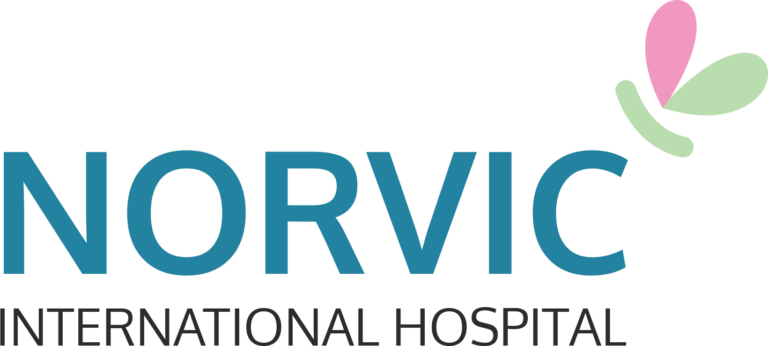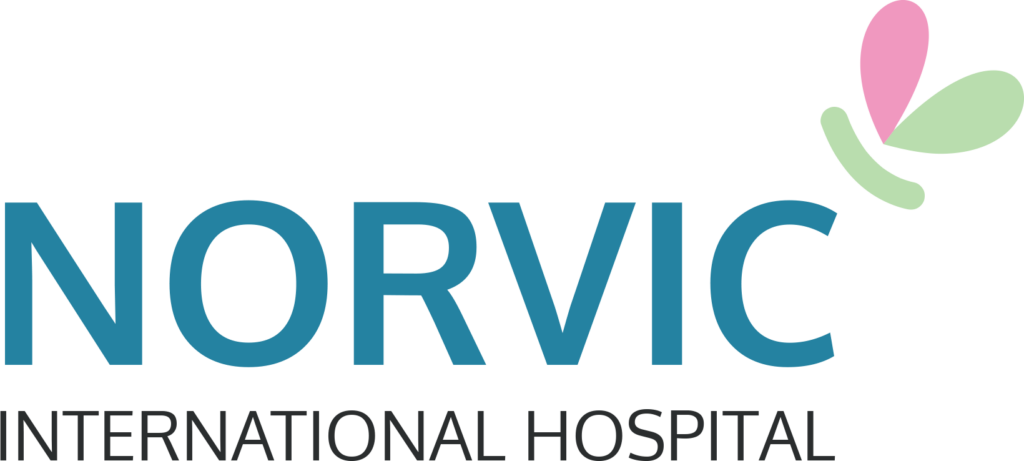Know Thyroid and it’s Disorder

What is the thyroid gland?
The thyroid gland is a butterfly-shaped gland located in the lower front of neck. Thyroid hormone helps the body use energy by regulating the speed with which our body cells work.
How common is the thyroid disease?
It is fairly common disease. It affects more women than men with a near ratio of 10:1.
What are the thyroid disorders?
The types of thyroid disorders are:
1. Hypothyroidism:
Thyroid glands cannot make enough thyroid hormones. Due to this our body has low level of thyroid hormones.
2. Hyperthyroidism:
Over active thyroid gland, making too much thyroid hormone.
3. Thyroiditis:
Inflammation of the thyroid gland due to various causes including infection, drugs, pregnancy, radiation or auto immune disorders.
4. Goitre:
The term “goitre” simply refers to the abnormal enlargement of the thyroid gland.
5.Thyroid nodules:
The term thyroid nodule refers to an abnormal growth of thyroid cells that forms a lump within the thyroid gland.
6. Thyroid cancer:
Thyroid cancers are rare. Accounts for <1% of all cancers. There are four types of thyroid cancer. Most thyroid cancers are very treatable and curable, but it is possible that they will recur, especially in the very yound and very old. This can occur at any stage, but recurrences can be treated successfully, so lifelong follow-up is most important.
What are the usual tests to diagnose thyroid disorders?
The tests to diagnose thyroid disorders are:
- Blood test:
Blood test is done to check the level of thyroid hormones in the blood and also to look for the presence of auto antibodies.
- Ultrasound Scan:
This is used to see the thyroid gland and surrounding structures. It can provide useful information about the size and shape of the thyroid gland and lymph nodes, and presence of any nodules, cyst, etc.
- Needle Biopsy, Fine needle aspiration cytology(FNAC):
A fine needle is used to remove fluid or cells from the thyroid swelling in order to examine the cells under a microscope and help determine if it is cancer or not.
- Radioactive Iodine Scan:
It involves swallowing a small amount of radioactive iodine and having a scan of the gland. Scan measures the amount of radioactive substance taken up by the thyroid gland, it can help locate nodules and also confirm whether the gland is over or under functioning.
What are the symptoms of thyroid disorders?
The symptoms of thyroid disorders are:
1. Hypothyroidism:
Cold intolerance, weight gain, edema/swelling, menstrual disturbance, sexual disturbance, depression, daytime somnolence, tiredness, dry skin and hair fall.
2. Hyperthyroidism:
Heat intolerance, weight loss, excessive appetite, menstrual disturbance, sexual disturbance, anxiety, palpitation, irritability, lethargy, sleeplessness, sweaty skin and proptosis of the eye (bulging eyes).
How can we treat thyroid disorders?
Thyroid disorders treatment varies are per the type of thyroid disorder.
- Hypothyroidism:
Treatment is simple with thyroid hormone replacement. Usually one tablet early morning in empty stomach.
- Hyperthyroidism:
Treatment can vary. Oral tablets can be given for a length of 18 months to 2 years. Radioactive iodine treatment is the option if oral tablets have failed to cure in 2 years.
- Thyroid cancer:
Surgery and may need radiation therapy.
What are the diet plans for thyroid disorders?
There is no special diet for the common thyroid disorders. Goitre due to iodine deficiency can refrain from cabbage, cauliflower, and avoid excess soya products. Hypothyroid patients tend to gain weight easily so should avoid fattening food. Hyperthyroid patients tend to burn their food easily so should take adequate food.
Dr. Dina Shrestha
Consultant Endocrinologist


